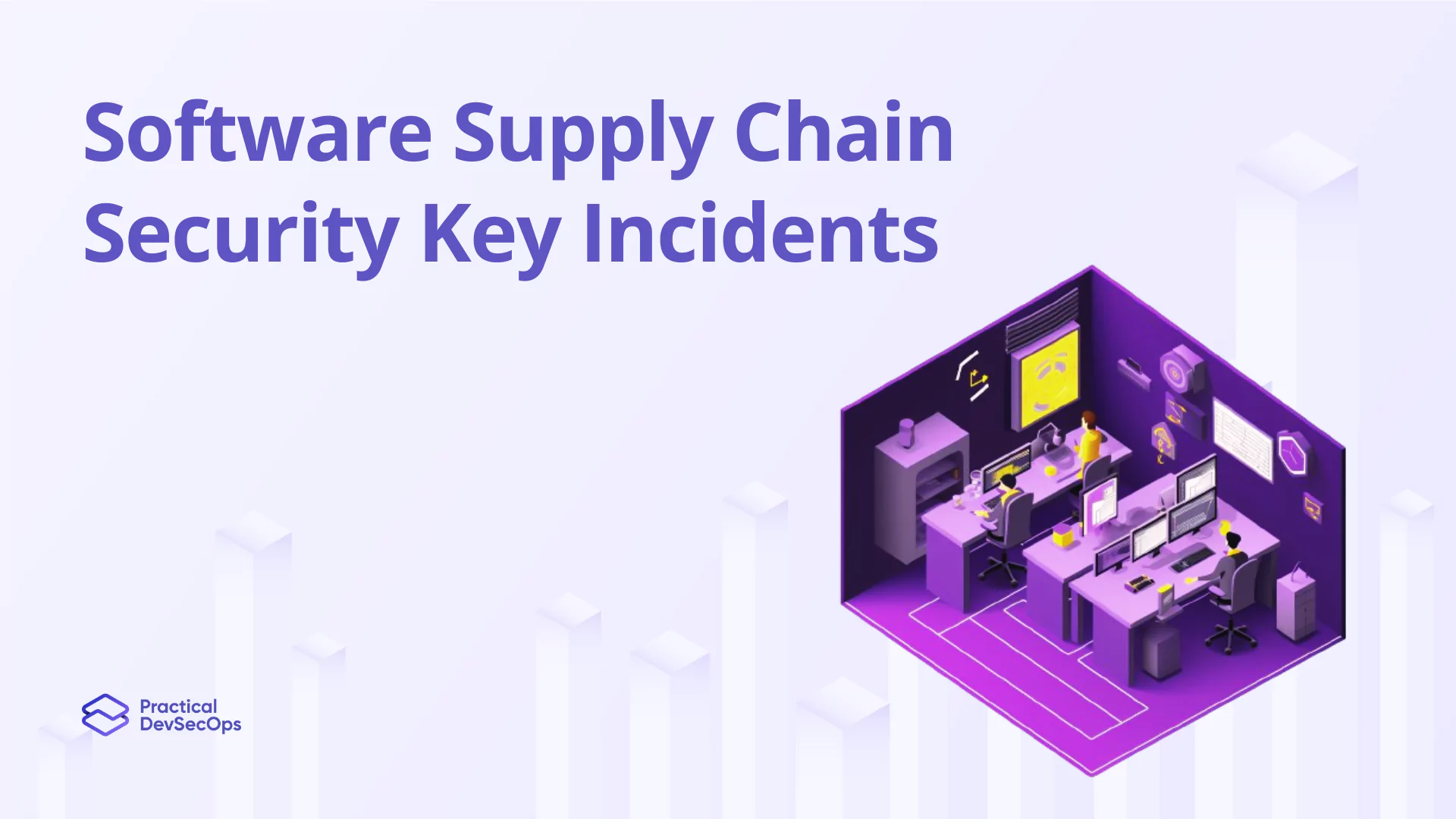DevSecOps integrates security principles and practices into the software development lifecycle to ensure safe and secure software deployments. Implementing a DevSecOps team is essential for organizations to identify and address security risks promptly and efficiently. This article will discuss practical steps to implement an effective DevSecOps team.
What are DevSecOps Teams?
DevSecOps teams include professionals working together to integrate security into every step of a software development lifecycle. Unlike traditional security teams, which often operate independently and review code only after it has been written, DevSecOps teams are involved in the development process. By doing so, they can identify security vulnerabilities early on and ensure that security best practices are incorporated throughout the development process.
How to Implement an Effective DevSecOps Team?
Step 1: Get buy-in from all stakeholders
The first step in establishing a successful DevSecOps team is to obtain the support of all parties that have a stake in the project. This typically includes senior management, IT personnel, developers, and cybersecurity professionals. By engaging these stakeholders in the planning process, you can develop a well-structured roadmap for your DevSecOps team, ensuring everyone is on board and working towards the same objectives.
Step 2: Define the team’s scope and responsibilities
Once all stakeholders are on board, clearly define the team’s capacity and responsibilities. This involves identifying the development and deployment processes the team will cover and the security and compliance goals it should aim to achieve.
Step 3: Hire or assign the right people
With the team’s scope and responsibilities defined, it’s time to hire or assign the right people. Ensure that team members are well-versed in DevOps, cybersecurity, and compliance. Training your employees with Practical DevSecOps Certifications can help to build a capable DevSecOps team.
Step 4: Create a strong team culture
Creating a strong team culture is essential for a DevSecOps team to be effective. This includes setting common goals, encouraging collaborative processes, and fostering a culture of continuous learning.
Also read, Best DevSecOps Books
Step 5: Adopt the right technology stack
The DevSecOps team needs a range of tools and technologies to operate efficiently. This includes automated testing, security and compliance monitoring, and deployment tools. Ensure you choose technologies that integrate well with your existing systems and help the team operate seamlessly.
Step 6: Ensure team members are up-to-date
DevSecOps is an ever-evolving field, so it’s crucial to ensure that team members receive regular training to keep their skills up-to-date. This includes participating in industry events, researching new tools and techniques, and promoting continuous education. Practical DevSecOps offers certification programs such as the Certified DevSecOps Professional and Certified DevSecOps Expert, which can make your team members capable and updated to handle the latest security threats.
Also read, Best DevSecOps certification courses
Step 7: Continuously measure and improve
To truly operate effectively, it is necessary to continuously measure and improve the DevSecOps team’s progress. This includes tracking the team’s performance against established metrics and goals, reviewing the team’s processes regularly, and making changes as necessary.
Also read, Why DevSecOps is a promising career option?
The Benefits of DevSecOps Teams
By having DevSecOps teams, organizations can benefit from the following:
- Faster delivery of secure software: In DevSecOps culture, security is not an afterthought but a part of the software development process. This results in faster delivery of secure code that meets compliance requirements.
- Reduced risk of security breaches: DevSecOps teams can identify and remediate vulnerabilities early in the development lifecycle, minimizing the chances of security breaches later.
- More efficient use of resources: DevSecOps teams promote collaboration between security, development, and operations, leading to a more streamlined use of resources and better staff allocation.
What Skills Do DevSecOps Team Members Need?
DevSecOps team members need a broad range of skills, including:
- Knowledge of security principles, tools, and techniques.
- Proficiency in multiple programming languages and frameworks.
- Expertise in cloud computing technologies and network security.
- Experience working in an agile development environment.
Conclusion
In conclusion, implementing an effective DevSecOps team requires a collaborative and practical approach. It is essential to involve all relevant stakeholders, define the team’s scope and responsibilities, build a strong team culture, choose the right technology stack, ensure team members are up-to-date, and continuously measure and improve.
Practical DevSecOps offers an excellent Certified DevSecOps Professional (CDP) course with hands-on training through browser-based labs, 24/7 instructor support, and the best learning resources.
Start the journey of lifting your team’s DevSecOps skills today!
Also read, How to Start Learning DevSecOps






0 Comments